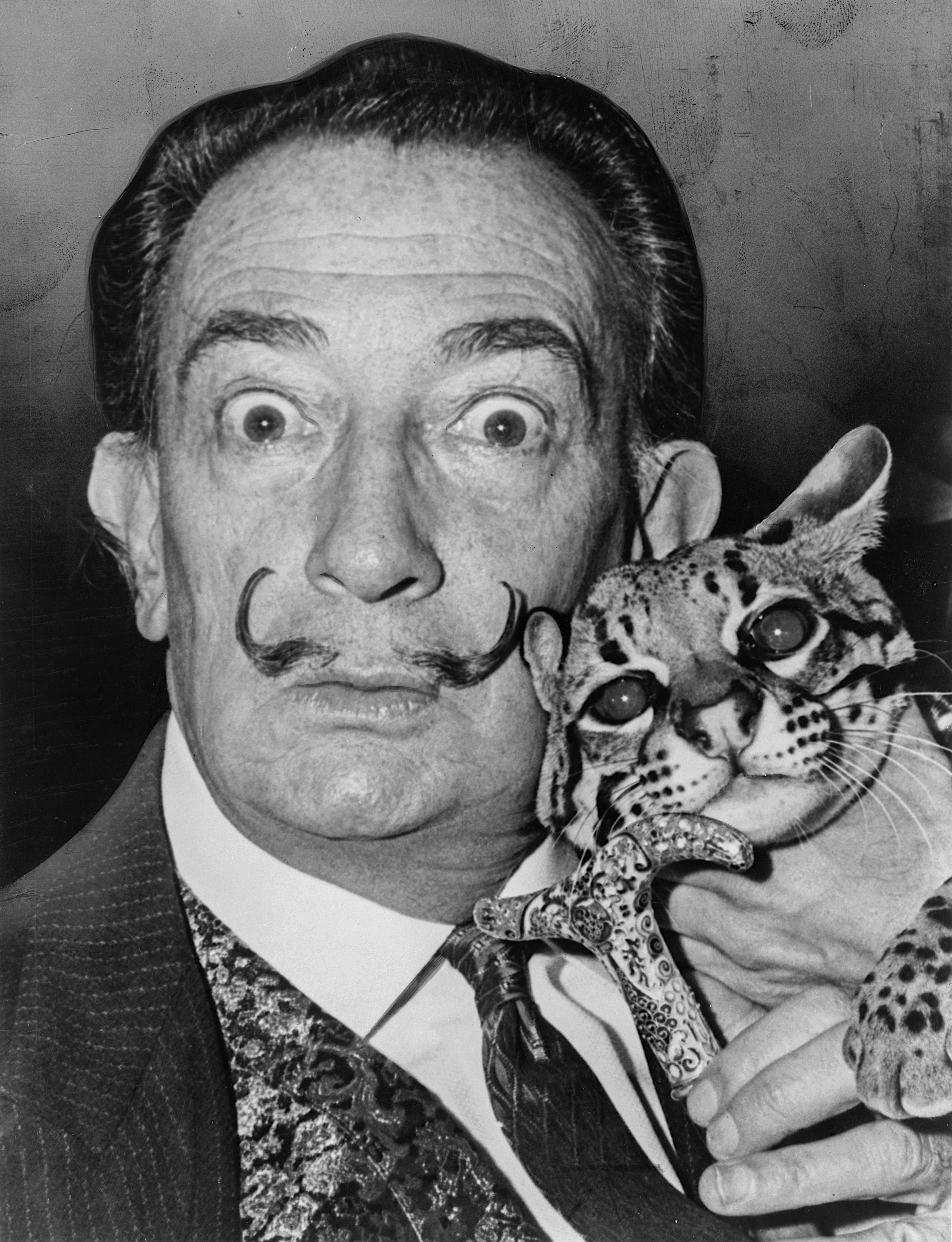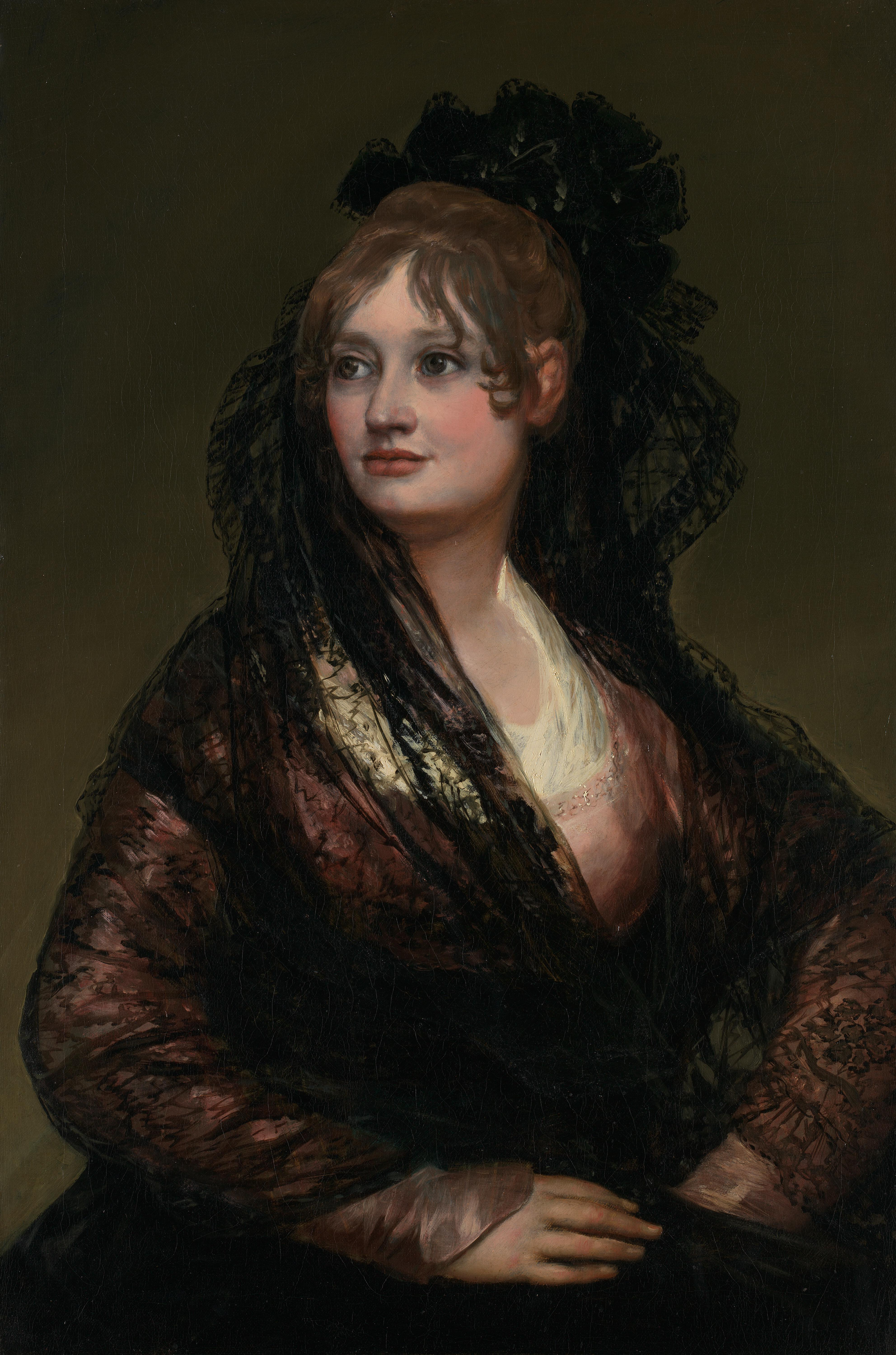
Have you ever wondered about the IQ of iconic artists? Take Henri Matisse, for instance. The French painter who gifted us masterpieces like “The Dance” and “Woman with a Hat”.
Unfortunately, a record of Matisse’s IQ doesn’t exist. You see, in the late 19th and entire 20th century, IQ testing was not common. However, judging by his extraordinary work, one might assume it was quite high!
IQ, or Intelligence Quotient, measures cognitive abilities. It’s a score derived from several standardized tests. Renowned geniuses like Albert Einstein reportedly had IQs around 160.
While we might not have an exact number for Matisse’s IQ, he was undeniably a genius. His creativity, innovation, and ability to perceive the world in unique ways reflect this. He had the remarkable ability to translate complex emotions and experiences into vibrant, moving art.
Remember, IQ isn’t the only measure of genius. It represents a person’s problem-solving and logical reasoning abilities. But it does not account for creativity or emotional intelligence, both of which Matisse possessed in abundance.
So, even though we might not have Matisse’s IQ score, his legacy speaks volumes about his intellect. His ability to revolutionize art and influence generations of artists showcases an intellect that goes beyond a mere numerical measure.
Henri Matisse’s Early Life and Education
Henri Matisse’s journey began in Le Cateau-Cambrésis, a small town in Northern France. Born on December 31, 1869, he was the oldest child of a middle-class family. His father, Emile Hippolyte Matisse, owned a seed shop. His mother, Anna Heloise Gerard, crafted beautifully painted porcelain pieces.
As a boy, Matisse showed no interest in the arts. Instead, he was content with his peaceful hometown life. His parents had different plans. They sent him to Paris to study law when he was 18.
In Paris, Matisse did well in his legal studies. However, he often complained about the dullness of law. In 1889, he returned home to work as a court administrator. Life seemed normal until an attack of appendicitis changed everything.
During his recovery, Matisse started painting. It was a gift from his mother, a box of art supplies. He soon fell in love with art. He said it was like ‘a kind of paradise’.
Matisse decided to return to Paris in 1891. This time, not for law but to pursue his newfound passion. With no formal training, he started attending classes at the Académie Julian. It was not easy.
Hurdles in the Artistic Path
The Académie had a rigid curriculum. It focused on traditional art techniques. Matisse was not very happy with this. He preferred the freedom of expression over structure.
Matisse later joined the École des Beaux-Arts, one of France’s most prestigious art institutes. Here, he studied under gustave Moreau, a renowned Symbolist artist. Moreau’s influence was pivotal in Matisse’s development. He encouraged Matisse to experiment with bold colors and express his own vision.
Meanwhile, Matisse also attended drawing classes at the Louvre. He was fascinated by the works of the old masters. They influenced his understanding and interpretation of form and space. His style began to evolve. He started to experiment with light, form and color.
By the late 1890s, Matisse had started to create his own unique style. It was a fusion of traditional techniques and innovative ideas. He seemed to find his voice in the world of art. His early works, however, received mixed reviews. They were often deemed too radical for the traditional art scene..
Despite the criticism, Matisse was persistent. He continued to explore and push the boundaries of art. This period of his life, his early years and education, laid the foundation for his future as a pioneering artist.
Speculations and Claims About Henri Matisse’s IQ
Henri Matisse, iconic French artist, certainly exhibited attributes of high intelligence. However, his IQ remains a mystery as no official records or tests exist. Various speculations tend to emerge.
Some experts, basing their guess on Matisse’s innovative and unconventional approach to art, speculate an IQ above average. They claim his groundbreaking use of color and form could only be the product of a highly intelligent mind.
Others take Matisse’s ability to master multiple art forms as an indication of high intelligence. Besides painting, he was proficient in sculpture, printmaking, and even paper cut-outs. This versatility implies a versatile intellect.
Matisse’s remarkable ability to evolve his style also hints at a high IQ. From Fauvism to his later ‘cut-outs’ phase, he showed an ability to adapt and innovate. This flexibility often correlates with intelligence.
His emotional intelligence is also widely discussed. Greatly reflected in his work, this type of intelligence doesn’t always translate to a high IQ. However, it suggests Matisse possessed a deep understanding of human nature.
Public opinion on Matisse’s IQ is mostly based on his artistic achievements. Many believe a genius like Matisse must have had an extraordinary IQ. Yet, this remains subjective and speculative.
Unfortunately, no solid evidence exists to confirm these claims. We can only infer from his art and the accounts of those who knew him. Regardless, the legacy of Matisse’s intellect lives on, visible in his enduring artwork.
Indeed, it’s fascinating to speculate about the IQ of such an influential figure. Whatever Matisse’s IQ, it’s clear he used his intelligence to revolutionize art. His intelligence might have been unconventional, but it was undoubtedly profound.
Henri Matisse’s Intellectual Achievements
When we delve into the intellectual prowess of Henri Matisse, it becomes evident that his creative genius was not just about his ability to paint or sculpture. His intellectual achievements extend beyond his artwork, reflecting a high level of intelligence that can be signs of an exceptional IQ.
A Revolutionary Artist
Matisse’s innovative artistic vision changed the course of 20th-century art. His work challenged traditional notions of art, reflecting a strong intellectual capacity to think outside the box. He introduced new ways of rendering color and form, breaking away from the constraints of realism and showing a unique ability for abstract thinking, often associated with high IQ individuals.
A Scholarly Approach to Art
Another sign of Matisse’s intellectual prowess was his scholarly approach to art. He studied law before embracing his passion for art, suggesting a strong academic background. His artistic practice was not spontaneous but based on rigorous study and observation. He meticulously researched his subjects and was known to revisit his work, making adjustments until he was satisfied with the outcome – a sign of a perfectionistic and analytical mind.
An Exceptional Problem Solver
Throughout his career, Matisse faced numerous challenges, from the initial rejection of his work to health problems that affected his ability to paint. Yet, he found creative solutions to these issues, showing remarkable resilience and adaptability. For instance, when he could no longer stand at his easel due to his health, he began creating his famous cut-outs while sitting in bed. This ability to adapt and innovate in the face of adversity is a sign of high cognitive flexibility, often linked to high IQ.
Master of Multiple Art Forms
Matisse wasn’t just a painter; he was also a successful sculptor, printmaker, and designer. This ability to excel in multiple disciplines suggests a high level of intellectual versatility and creative intelligence. He was able to view things from different perspectives and use various mediums to express his ideas, indicative of a multifaceted intellect.
Continual Learning and Intellectual Curiosity
Matisse was driven by a deep intellectual curiosity that kept him learning and growing throughout his life. He was not content to stick with what he knew; he continually sought new forms of expression, new techniques, and new challenges. This lifelong love of learning is often associated with high IQ individuals, who tend to display a thirst for knowledge and understanding.
Through his groundbreaking contributions to art and his scholarly approach to his craft, Matisse made a lasting impact on the world. His intellectual achievements not only highlight his creative genius but also suggest a high level of intelligence that could be indicative of an exceptional IQ.
Henri Matisse’s IQ
Henri Matisse was a man of great talent. His art is renowned for its vibrancy and emotive powers.
He was innovative and ahead of his time, attributes common among high IQ individuals. Matisse, however, was not just innovative. He also showed an ability to learn and adapt, a trait linked to intelligence as well.
Throughout his life, he constantly evolved his art form. This flexibility and adaptability in learning indicate a higher IQ.
Detailed records of Matisse’s IQ are non-existent. IQ wasn’t in popular use during Matisse’s lifetime.
Still, we can make a reasoned estimation. The average IQ score ranges from 90 to 110. People considered “gifted” often have scores over 130. A score over 160 is considered “genius or near genius”.
Given his achievements and innovative thinking, it’s reasonable to suggest Matisse’s IQ was well above average. It might even have been in the “gifted” range or higher.
His art often broke conventions. He was a leader in the Fauvist movement. His ability to lead and innovate suggests a high level of intelligence.
However, art is subjective. One person’s genius could be another person’s folly. Therefore, it is important to take this into account when estimating Matisse’s IQ.
As a result, a guesstimate of his IQ could range from 130 to 160. This places Matisse within the category of ‘gifted’ to ‘genius’.
Ultimately, we’ll never know Matisse’s exact IQ. That’s a fact. However, what we can be sure of is that Matisse was a highly intelligent individual. His legacy in the art world is a testament to that.










